OpenGL Data Visualization Cookbook. Over 35 hands-on recipes to create impressive, stunning visuals for a wide range of real-time, interactive applications using OpenGL William Lo, Raymond Chun Hing Lo
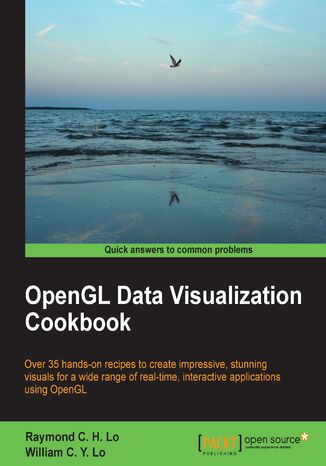



- Autorzy:
- William Lo, Raymond Chun Hing Lo
- Wydawnictwo:
- Packt Publishing
- Ocena:
- Stron:
- 298
- Dostępne formaty:
-
PDFePubMobi
Opis
książki
:
OpenGL Data Visualization Cookbook. Over 35 hands-on recipes to create impressive, stunning visuals for a wide range of real-time, interactive applications using OpenGL
This book provides a series of easy-to-follow, hands-on tutorials to create appealing OpenGL-based visualization tools with minimal development time. We will first illustrate how to quickly set up the development environment in Windows, Mac OS X, and Linux. Next, we will demonstrate how to visualize data for a wide range of applications using OpenGL, starting from simple 2D datasets to increasingly complex 3D datasets with more advanced techniques. Each chapter addresses different visualization problems encountered in real life and introduces the relevant OpenGL features and libraries in a modular fashion.
By the end of this book, you will be equipped with the essential skills to develop a wide range of impressive OpenGL-based applications for your unique data visualization needs, on platforms ranging from conventional computers to the latest mobile/wearable devices.
Wybrane bestsellery
Packt Publishing - inne książki
Dzięki opcji "Druk na żądanie" do sprzedaży wracają tytuły Grupy Helion, które cieszyły sie dużym zainteresowaniem, a których nakład został wyprzedany.
Dla naszych Czytelników wydrukowaliśmy dodatkową pulę egzemplarzy w technice druku cyfrowego.
Co powinieneś wiedzieć o usłudze "Druk na żądanie":
- usługa obejmuje tylko widoczną poniżej listę tytułów, którą na bieżąco aktualizujemy;
- cena książki może być wyższa od początkowej ceny detalicznej, co jest spowodowane kosztami druku cyfrowego (wyższymi niż koszty tradycyjnego druku offsetowego). Obowiązująca cena jest zawsze podawana na stronie WWW książki;
- zawartość książki wraz z dodatkami (płyta CD, DVD) odpowiada jej pierwotnemu wydaniu i jest w pełni komplementarna;
- usługa nie obejmuje książek w kolorze.
Masz pytanie o konkretny tytuł? Napisz do nas: sklep@helion.pl
Książka drukowana


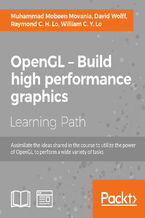


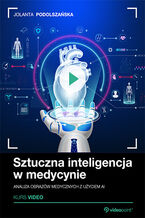
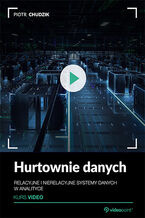
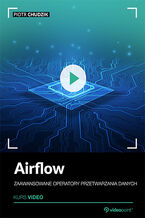

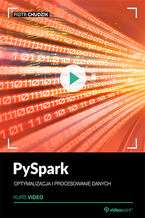












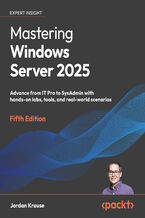
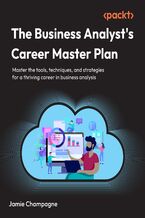
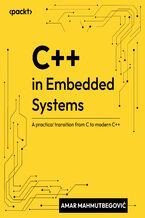
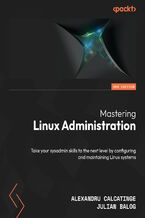
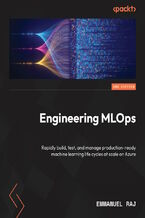
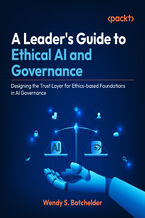
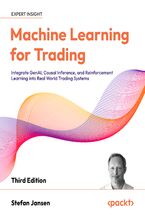
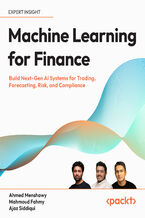



Oceny i opinie klientów: OpenGL Data Visualization Cookbook. Over 35 hands-on recipes to create impressive, stunning visuals for a wide range of real-time, interactive applications using OpenGL William Lo, Raymond Chun Hing Lo
(0)